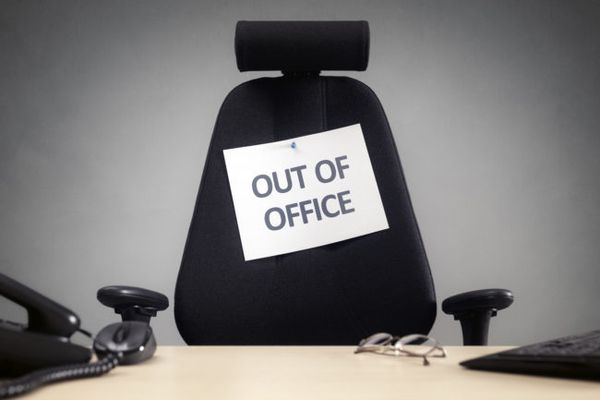When can you lawfully discipline an employee for absenteeism?
By Charles Power
Absenteeism refers to circumstances in which an employee is absent from work on personal/carer’s leave on a frequent basis.
Absenteeism is a problem for organisations because they have to arrange for the work of the absent worker to be done by others. This might involve rearranging the workloads of employees, which may cause some employees to experience excessive workloads. Alternatively, the work is not undertaken with potential adverse effects on the business.
But can you actually lawfully discipline an employee for absenteeism?
Today Charles Power will explain when you can – and cannot – lawfully discipline an employee for absenteeism.
Employee absenteeism and your obligations under employment law
Absenteeism is a legal issue when you:
- discipline employees for not following applicable rules when they take personal/carer’s leave;
- discipline employees taking personal/carer’s leave because the condition for exercising the right to take the leave did not exist (e.g. the employee took sick leave when he/she was not actually unfit for work due to illness or injury);
- seek to manage the causes of the absenteeism (e.g. disability or impairment) consistent with legal requirements.
However, long-term solutions to excessive absenteeism can only be achieved through effective human resource management measures, such as:
- giving casuals opportunities to concert to permanent work;
- building good relationships, respect and trust between management and employees; and
- affording flexibility with working hours, the ability to work from home, and varied leave options, which focus on work effectiveness rather than time worked.
What options fo you have when it comes to employee absenteeism?
If an employee is exercising a right to take paid personal/carer’s leave or unpaid carer’s leave the employee will have a protection under Part 3-1 of the Fair Work Act from being subject to adverse action from you against the employee because he or she is exercising the right or intending to exercise the right.
Contravention of this provision will expose you to civil liability as well as a general protections claim. Adverse action refers to any conduct subjecting the employee to a detriment or disadvantage. It includes dismissal, disciplinary measures, loss of job benefits or even subjecting the employee to ridicule because they are absent on sick leave.
However, this protection does not prevent you from disciplining an employee because:
- of the way an employee takes personal/carer’s leave, e.g. you warn an employee for contravening requirements regarding notification of and evidence for sick leave absences;
- the condition for exercising the right to take the leave did not exist, e.g. an employee takes a ‘sickie’ to go surfing;
- the employee is not cooperating with your efforts to meet legal obligations in relation to flexible working arrangements, work health and safety, and disability, e.g. the employee absent from work because of a chronic disability refuses to meet with you to discuss options for a return to work;
- the employee is unable to meet the inherent requirements of their job with or without your reasonable support, e.g. the employee is incapable of performing the heavy lifting required of a job and the best available medical advice suggests there are no reasonable adjustments that can be made to permit the employee to meet this requirement.
Get the latest employment law news, legal updates, case law and practical advice from our experts sent straight to your inbox every week.

